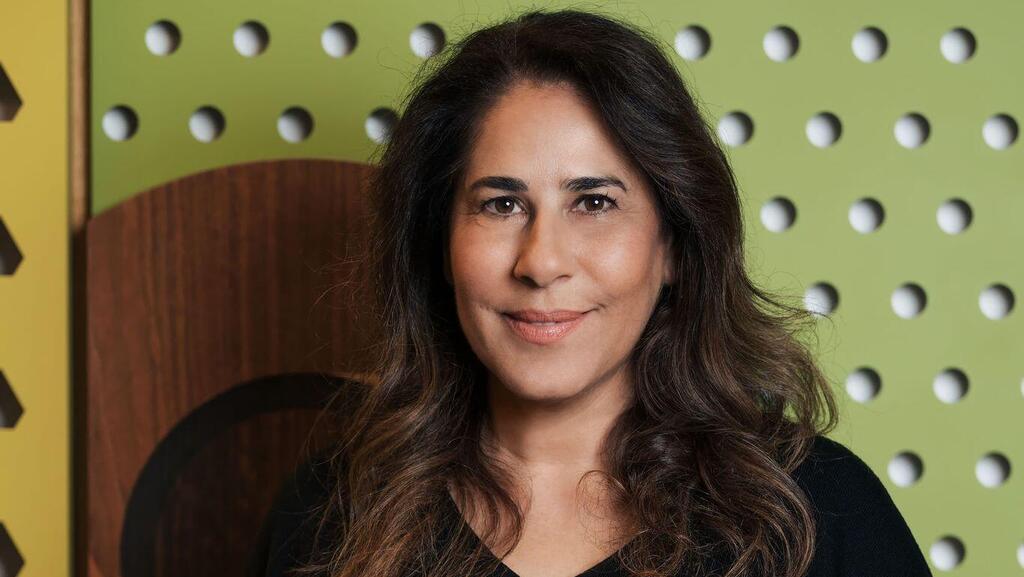
Opinion
How can we fight AI – with AI
While AI brings with it a new set of threats and security challenges, Dazz CEO and co-founder Merav Bahat maintains it is precisely what will take the cyber industry to the next level.
Since the dawn of history, technology has evoked a certain degree of fear within us. When the first movie was screened in a cinema in the 19th century, viewers fled the hall in panic because they thought the train on the screen was moving towards them. A number of inventions, which are now an integral part of modern life, were initially a source of fear and anxiety. The elevator for example, hanging above the earth with only a few cables, was perceived as a grave danger, as was the telephone, which was thought to be a tool for communicating with the dead.
In today’s age, there is no doubt that the dramatic technological development of our time is artificial intelligence. Almost two years into the beginning of the revolution, AI has already integrated into our lives at a dizzying pace, with Goldman Sachs forecasting a $7 trillion increase in global GDP thanks to GenAI. Like any reality-changing technology, the rapid adoption of AI also raises significant concerns: What will happen to our privacy? How will our jobs as we know them change? And in a more profound sense, how can we control advanced autonomous systems that are smarter than humans?
In cybersecurity and information security, AI has already become a real and present threat. We’re operating in a world where security breaches occur on average every 11 seconds, and the advanced AI tools that fall into the hands of attackers give them a massive opportunity to evolve their attacks more efficiently and at scale. Phishing attacks are becoming increasingly sophisticated and personalized making many more people likely to fall into the trap, and the frequent use of tools like ChatGPT in every organization significantly increases the concern for information leaks and exposure of sensitive information. A World Economic Forum survey found that 56% of executives believe that in the next two years, GenAI technologies will benefit hackers and create new attack vectors they could exploit for various malicious uses.
On the surface, the concerns are justified. AI, combined with economic instability and geopolitical tension, has made the changing cyber threat landscape more complex than ever. However, precisely because AI will be the central cyber challenge for organizations in the coming years, it can also become the industry's greatest opportunity.
Creative use of AI technologies can help companies build automated and effective security mechanisms to make manual security operations faster and more efficient. Just as doctors use artificial intelligence to provide personalized treatment recommendations, cybersecurity companies and information security managers can develop products that automate the process of detecting and fixing vulnerabilities and generate a rapid action plan tailored to the organization, dramatically shortening response times and the likelihood of a security incident. AI can help overcome some of the biggest challenges in the cyber industry, such as talent shortages and the urgent need to sift through tremendous amounts of detection tool data to prioritize risks AI will serve as a force multiplier for organizations that use it for security purposes. We can see the first signs of the trend now; the British MI6 already uses AI to detect illegal arms transfers across Europe, while CISA, the U.S. cyber arm, currently scans terabytes of information using AI to predict future threats.
At the national level, the connection between cyber and artificial intelligence also represents a unique opportunity for Israeli cyber, which can position itself as a critical player in the global AI scene. Israel, which has established its status worldwide as the “Cyber Nation,” is the obvious candidate to lead the innovative uses of artificial intelligence in cybersecurity—and in an era where large and small organizations prioritize security considerations, innovative AI solutions will translate into economic profit. The Israeli ecosystem is already there. In recent months, we have seen capital raises by a number of companies in the field of AI security alongside new AI-based products that significant players in the industry have already launched.
Indeed, the rapid development of AI brings with it a new set of threats and new security challenges. Still, it is also in this field that artificial intelligence is precisely what will take the cyber industry to the next level. In the ongoing struggle between attackers and defenders in the cyber arena, if we know how to identify and seize this great opportunity, AI could change the rules of the game.
Merav Bahat is the Co-Founder and CEO of cybersecurity startup Dazz.














